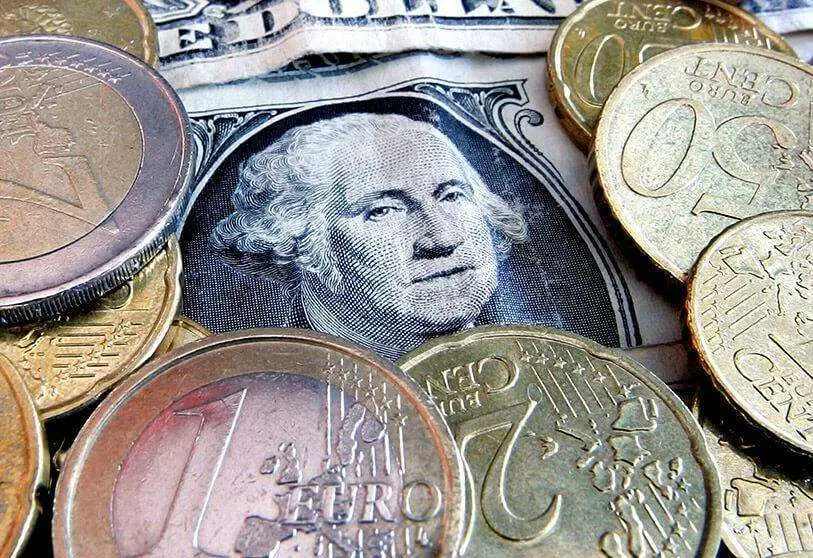Collateral damage in the global financial battle

The euro and the yen have depreciated this summer, with the euro falling to its lowest value against the dollar since its inception. This is the monetary translation of the weakness resulting from the crises ravaging the world. But it is also a demonstration of the strength of the dollar, the US currency that has become the global currency since the Bretton Woods Agreements, thus replacing the pound sterling, which had been in existence since the first third of the 19th century, after three centuries of the Spanish real de a ocho.
Among the agreements signed by China and Russia in the wake of the war in Ukraine, one of the most important is to boycott the strength of the dollar and build an alternative, presumably based on the yuan. This is along the same lines as the attempts to replace or at least totally control the internet or content dissemination platforms with a national drift.
For the moment, it seems that they are not succeeding. On the contrary, the strengthening of the dollar is the mainstay of the economic and financial sanctions decreed by the United States and the European Union. Today, and despite the many gurus who advocate the decline and death throes of the American empire, the fact is that 90% of world currency transactions are carried out in dollars. Moreover, 60% of the foreign exchange reserves of the two hundred or so countries with seats in the United Nations are denominated in dollars. The desire of the most pro-European EU leaders to make the euro the alternative currency has barely translated into only 20 per cent of the world's foreign exchange reserves being denominated in euros. However, both the dollar and the euro maintain a considerable distance in this respect from the Japanese yen (5 per cent) and the Chinese yuan (2.5 per cent).
Russia has countered the pressure from the dollar and the euro both by requiring its oil and gas supplies to be paid for in roubles and by significantly restricting domestic consumption, given the reduced liquidity to honour import payments.
This was the situation when the US Federal Reserve proceeded to raise interest rates, citing among many other reasons the overriding need to contain soaring inflation. As can be easily deduced, this increase makes the debt of those who hold it in dollars more expensive, i.e. the vast majority of the countries of this planet, which will have to make additional efforts to honour it. This pressure is also undoubtedly a demonstration of the power of the United States, since this simple decision to raise interest rates also has an impact on world trade as a whole.
Many over-indebted countries will be tempted to try to embrace the alternative advocated by the Russians and Chinese. In any case, internal revolts will presumably increase in frequency in countries subject to an inevitable austerity cure, where demagogy and clashes will increase. One cannot help thinking in this respect of countries like Argentina, always designating the IMF as the insatiable dragon that sucks their blood, and always desperately crying out to it for help.
What Argentina and others in the same or similar situation do not seem to be able to achieve is that the dollar should cease to be the international reserve currency. Unless the United States collapses, it will continue to count on its currency being the overwhelming majority choice for its payments and reserves. Everything will come and go because nothing lasts forever, not even the most solid empires. But for now it is the turn of restrictions and adjustments, especially in countries that have not only become accustomed to living beyond their means, but also whose governments have done so far beyond their responsibilities.

